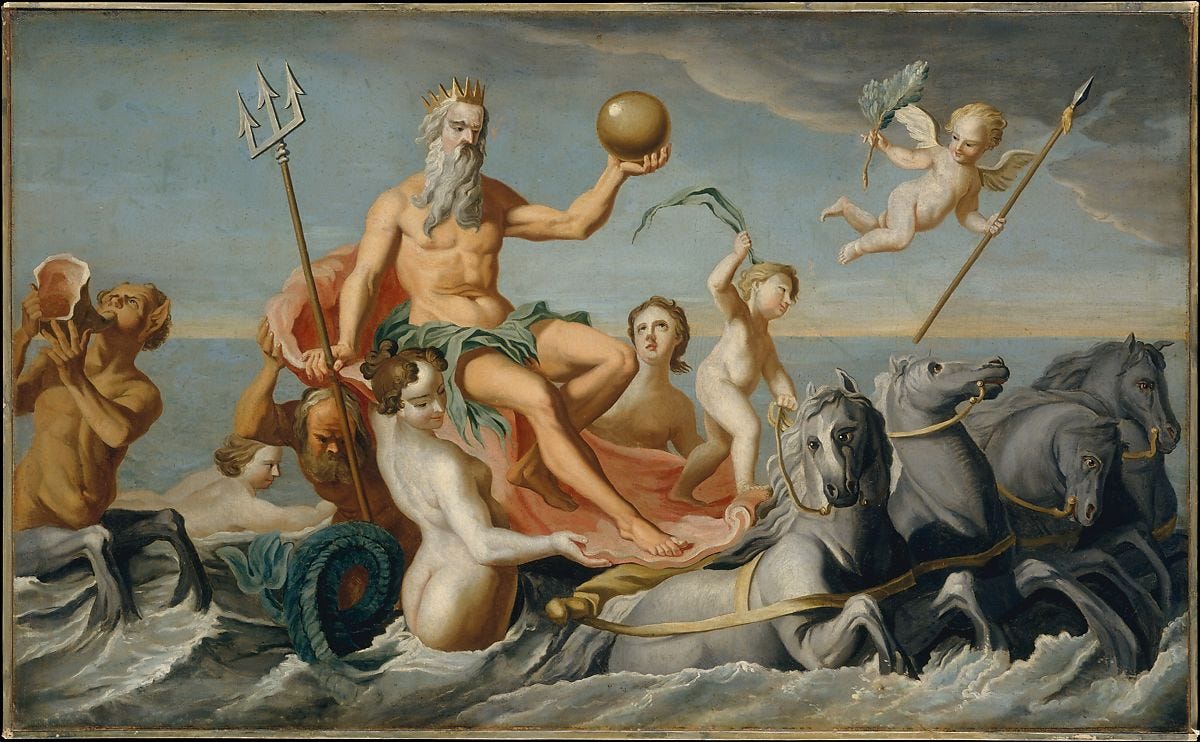Decentralized Socrates can be tied to prediction markets.
Who will be the site or person closest to the position at the center of gravity, or the no-position, described in the previous entry? That cannot be predicted until we compute it.
Suppose the amount of computation required for rhetorical verification is sufficiently large. In that case, it will be difficult to predict the results in advance, so a lot on the outcome can be feasible.
Therefore, we will forecast and place wagers on entities and sites near the center of gravity = universal position. The results would be announced periodically, and the participants’ stakes are shared proportionally (e.g., according to the distance from the center of gravity) not only among the bettors but also the entities (or sites) near the center of gravity = universal positions.
With this prediction market, the act of “talking as much as possible to avoid taking a particular position” itself would possess economic value.
Coupled with prediction markets, this could initiate the universality economically independence. And if this were to happen, besides the personal hatred of being debunked, it would also clear up another issue that the Socratic method had, the issue of economic sustainability.
At present, the economic benefits of positional talk and mobilization, which increases followers by calling out expressions that stir up emotions as much as possible, are enormous. However, if decentralized Socrates + prediction market or alike grows, it can become a counter axis.
The universal position is common and fundamental in scientific writing (although fake achievements have recently increased). For the types of texts that are not reproducible or disprovable, however, without a mechanism like decentralized Socrates, it is tempting to become relativistic and antinomian, saying that they are all equally positional talk.
And these positions produce a large number of individuals who have emptiness and nihilism inside. These spirits are exploited for totalitarianism, a reaction to relativism, in which people dedicate their lives to “noble ideals that cannot be relativized (state, discrimination, religion, whatever).” If everything is the equivalent anyway, let’s just go with the amusing ones. The road to hell is made of good intentions and awakened drunkenness.
The author hates totalitarianism.
Hate? Why the sudden judgment of taste here?
Next entry (coming soon)

